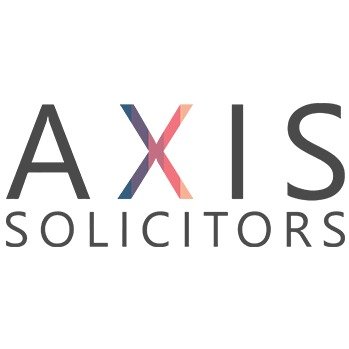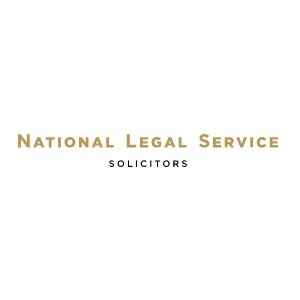Best Domestic Violence Lawyers in London
Share your needs with us, get contacted by law firms.
Free. Takes 2 min.
Free Guide to Hiring a Family Lawyer
List of the best lawyers in London, United Kingdom
About Domestic Violence Law in London, United Kingdom
Domestic violence is a severe issue addressed with the utmost seriousness in London, United Kingdom. The UK government defines domestic violence and abuse as any incident or pattern of incidents of controlling, coercive, threatening behaviour, violence or abuse between those aged 16 or over who are or have been intimate partners or family members, regardless of their gender or sexuality.
Why You May Need a Lawyer
Domestic violence cases can be quite challenging and complex. Therefore, a lawyer may be needed to navigate the legal complexities surrounding domestic violence situations. This includes applying for protection orders, defending against false allegations, dealing with child custody issues, preparing for court proceedings, and understanding the potential legal implications and consequences.
Local Laws Overview
In London and the broader United Kingdom, several laws address domestic violence. The Domestic Abuse Act 2021 is particularly noteworthy as it defines and recognises the scope of domestic abuse, establishes protective orders, and places duties on local authorities to provide support and accommodation to victims. It considers psychological, physical, and financial abuse, and also recognises abuse against children and the impact such abuse has on them.
Frequently Asked Questions
What constitutes domestic violence in London, UK?
Domestic violence in London, UK, can comprise physical, emotional, sexual or financial abuse perpetrated by a family member or an intimate partner.
What are protective orders and how do they work?
Protective orders, known in the UK as restraining orders or non-molestation orders, are legal measures to protect victims from further abuse. They can restrict the offender from contacting the victim or coming near their home or workplace.
Can I report domestic violence on behalf of someone else?
You can report suspected domestic violence to the police on behalf of someone else. However, the victim will usually need to provide evidence and cooperate with the police for any legal action to be taken.
How can a lawyer help me in a domestic violence case?
A lawyer can help guide you through the legal process, assist with applications for protective orders, represent you in court, and offer advice on other legal matters linked to domestic violence, such as divorce and child custody.
Does domestic violence affect child custody?
Yes, domestic violence has significant implications on child custody decisions. Courts will consider any evidence of domestic abuse when deciding whether an alleged abuser should have access to children.
Additional Resources
The Metropolitan Police, the National Domestic Abuse helpline, Women's Aid, Refuge, and Men’s Advice Line provide advice and support for domestic abuse victims in London. Moreover, legal aid services are also available for those who can’t afford legal representation.
Next Steps
If you are dealing with a domestic violence situation, you should first ensure your safety and contact the police if necessary. Secondly, reach out to a local domestic violence helpline. These organizations can provide urgent help, advice, and shelter if needed. After immediate safety has been ensured, consider seeking legal counsel to understand your rights and any legal steps you can take.
Lawzana helps you find the best lawyers and law firms in London through a curated and pre-screened list of qualified legal professionals. Our platform offers rankings and detailed profiles of attorneys and law firms, allowing you to compare based on practice areas, including Domestic Violence, experience, and client feedback.
Each profile includes a description of the firm's areas of practice, client reviews, team members and partners, year of establishment, spoken languages, office locations, contact information, social media presence, and any published articles or resources. Most firms on our platform speak English and are experienced in both local and international legal matters.
Get a quote from top-rated law firms in London, United Kingdom — quickly, securely, and without unnecessary hassle.
Disclaimer:
The information provided on this page is for general informational purposes only and does not constitute legal advice. While we strive to ensure the accuracy and relevance of the content, legal information may change over time, and interpretations of the law can vary. You should always consult with a qualified legal professional for advice specific to your situation.
We disclaim all liability for actions taken or not taken based on the content of this page. If you believe any information is incorrect or outdated, please contact us, and we will review and update it where appropriate.

















